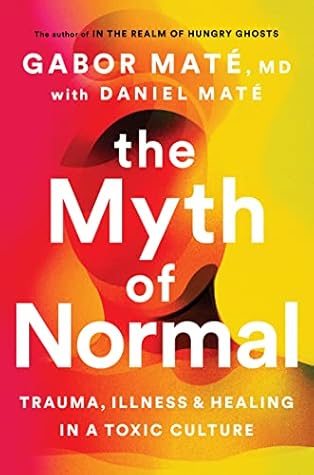He, too, saw depression as an adaptation of the brain to the loss of connection, as a physiological “shutdown mechanism” to terminate distress, “which, if sustained, would be dangerous for infant mammals.”[2] In other words, far from expressing inherited pathology, depression appears as a coping mechanism to alleviate grief and rage and to inhibit behaviors that would invite danger. It is not that neurotransmitters are not involved in depression—only that their abnormalities reflect experiences, rather than being the primary cause of them.
Welcome back. Just a moment while we sign you in to your Goodreads account.


